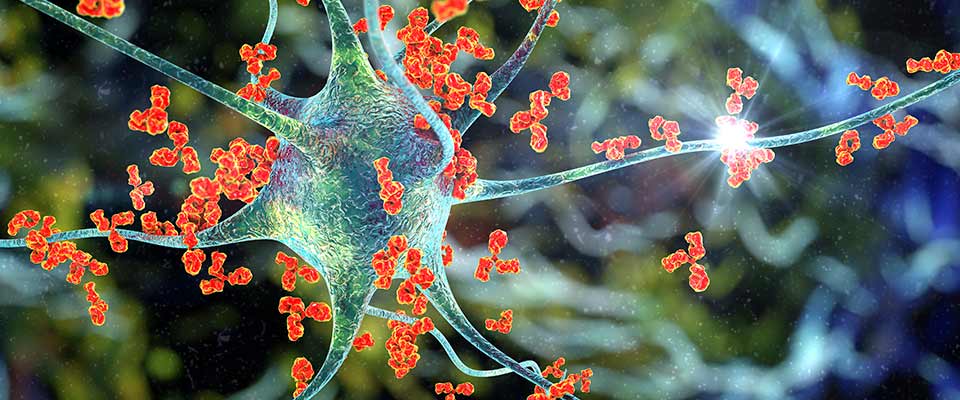
Dr. Susan Balenger received her Ph.D. at Auburn University and was a postdoctoral researcher in the Division of Genetics and Physiology at the University of Turku in Finland, and at the University of Minnesota. Her research addresses why and how environmental stressors and phenotypic plasticity influence sexual signal evolution and population divergence. In the Balenger lab research activities utilize genetics and genomics approaches, laboratory experimental manipulations, and field observations of natural populations.
![]() In recent years there has been an unprecedented rise in the global incidence and severity of infectious diseases in human, animal, and plant populations across nearly all of the world’s terrestrial, aquatic, and marine ecosystems. At the same time, the ways in which we approach the prevention and management of diseases have changed little in the past 50-100 years. It is becoming increasingly clear that the intensification of diseases around the world is, in part, due to human activities, which have brought about habitat transformation, biological invasions, environmental contamination, climate change, and ensuing losses of biodiversity. Although disease outbreaks have historically been studied in relative isolation, the ecological complexities of disease development and spread have been clearly illustrated by such famous examples as the plague, smallpox, and flu epidemics, the Irish potato blight, and more recently, the swine flu epidemic, amphibian chytridiomycosis, white nose disease of bats, Tasmanian devil facial tumor disease, bee colony collapse disease, various forest declines, SARS, Lyme disease, West Nile virus and Zika virus.
In recent years there has been an unprecedented rise in the global incidence and severity of infectious diseases in human, animal, and plant populations across nearly all of the world’s terrestrial, aquatic, and marine ecosystems. At the same time, the ways in which we approach the prevention and management of diseases have changed little in the past 50-100 years. It is becoming increasingly clear that the intensification of diseases around the world is, in part, due to human activities, which have brought about habitat transformation, biological invasions, environmental contamination, climate change, and ensuing losses of biodiversity. Although disease outbreaks have historically been studied in relative isolation, the ecological complexities of disease development and spread have been clearly illustrated by such famous examples as the plague, smallpox, and flu epidemics, the Irish potato blight, and more recently, the swine flu epidemic, amphibian chytridiomycosis, white nose disease of bats, Tasmanian devil facial tumor disease, bee colony collapse disease, various forest declines, SARS, Lyme disease, West Nile virus and Zika virus.
In this course students examine and discuss current concepts and trends in infectious disease biology, assessing our basic understanding of human and wildlife diseases and their impacts on one another. On a most basic level, this is a class based around problem solving and critical thinking. We will focus on problems related to the ecological and evolutionary processes that drive the transmission of pathogens between hosts; the impact of disease on host populations; and what causes the emergence of an infectious disease. The course content includes a theoretical framework and extensive discussion of wildlife and human diseases.
- The student learning objectives include
- an appreciation for the complexity of disease, including the number of disciplines that are involved in a thorough understanding of any given disease (e.g., ecology, evolution, epidemiology, clinical medicine, economics, politics, agriculture, wildlife management, public health, etc);
- the ability to integrate ecological and evolutionary concepts and theory in ways that inform disease models/predictions/control;
- basic knowledge of parasite diversity and host defensive repertoires;
- ability to skillfully read and synthesize primary literature; and
- ability to effectively convey the natural history and current literature pertaining to an infectious disease in an oral presentation.
“Dr. Balenger is one of the best professors at this university. She’s funny and really cares about her students and wants them to learn. You can go to her office at any time to talk about class or other struggles you’re having. The class was very interesting and I feel like I still learned a lot because it was discussion based. All in all…an amazing class and would take again.”
“I had a great experience with this class. I feel like I learned more here than in many classrooms; particularly, I learned how to better express my thoughts in an intellectual discussion with my peers. I really enjoyed the opportunity to read scientific journals as the text for this class. If you like discussing science, this is the class for you!”
